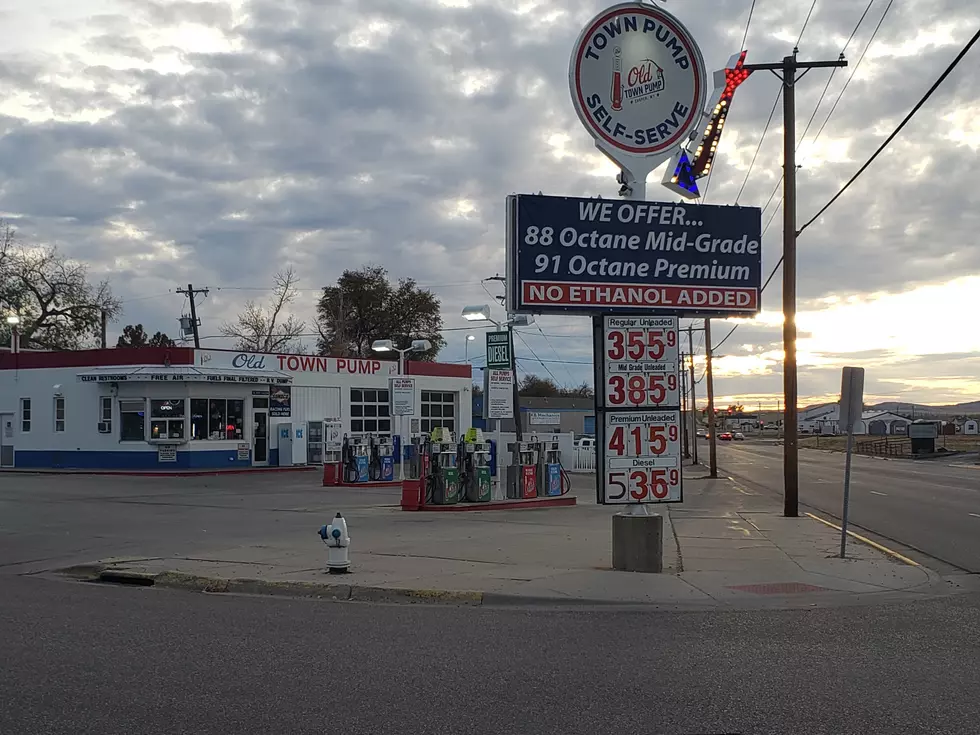
Diesel Prices Reach All-Time High as Russia Continues Ukraine War
Diesel prices Sunday reached a new average all-time high of $5.16 per gallon, surpassing the previous record of $5.15 per gallon set on March 10, according to a press release by GasBuddy.

A second record has also been set, with diesel prices at $1 higher than gasoline prices, surpassing the previous record of a 98-cent difference set in November 2008.
Patrick De Haan, head of petroleum analysis at GasBuddy, said:
"While gasoline prices get much of the attention, diesel, which broadly is the fuel that moves the economy, has quietly surpassed its recent record high as distillate inventories, which include diesel and jet fuel, have plummeted to their lowest level in years," De Haan said. "Should distillate inventories fall another five million barrels, which is less than five percent, they will be at their lowest level in nearly 20 years, compounding the problem. There’s no quick solution as the economy has seen a robust turnaround, made worse by Russia’s war on Ukraine as the West fences off Russia’s oil."
Both diesel and gas prices increased in early to mid-March, largely due to Russia’s war on Ukraine and the response of the U.S. and European Union via sanctions on Russian energy.
According to the release, the recent resurgence in diesel prices is due to continued escalations in the war and plunging inventories of oil and refined products, like diesel, along with recovering demand as goods move across the country, much of which is powered by diesel fuel in semi-trucks, trains, and ships, with there being a loss of nearly half a million barrels in refining capacity.
In response to the increase in gas prices, President Joe Biden announced that the U.S. will be releasing one million barrels a month for the next six months from the country's strategic petroleum reserves, out of the current total reserve of 714 million barrels.
Biden also signed an executive order authorizing the use of gasoline with a 15% ethanol blend, rather than the usual 10%, during the summer months, because it is cheaper to produce, though that may lead to greater smog across the country.
10 Reasons NOT to Move to Wyoming
More From K2 Radio









